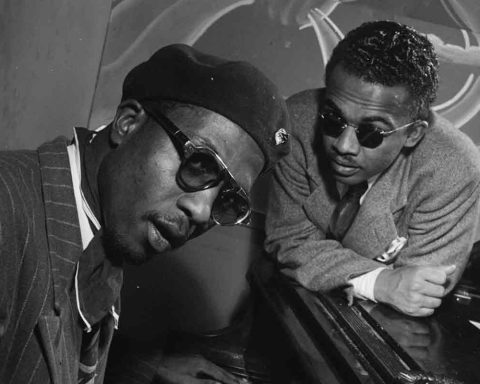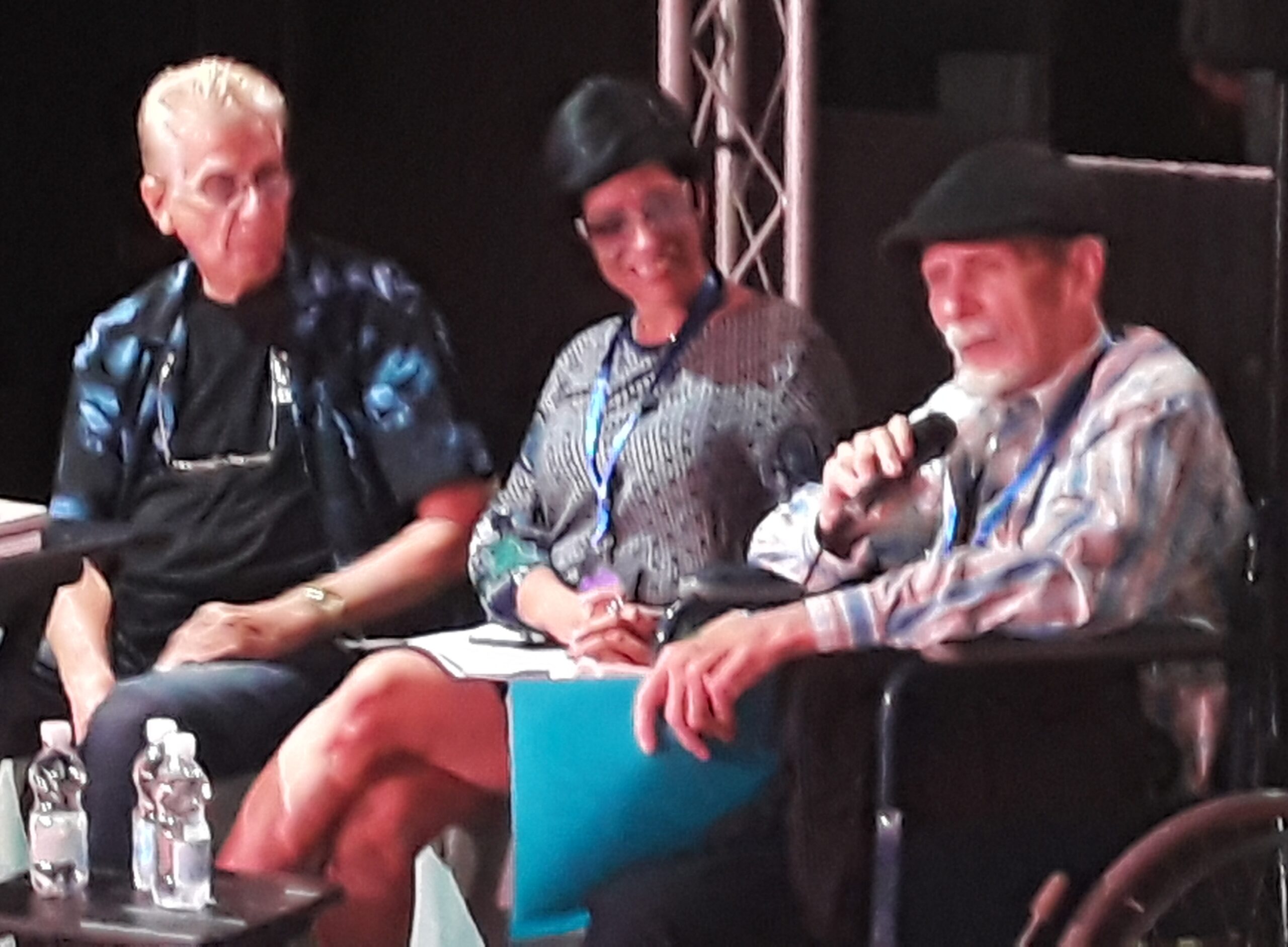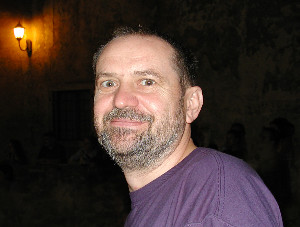In her recently released Rust: A Memoir of Steel and Grit, author Eliese Colette Goldbach, a native Clevelander, called her hometown “an underdog town marked by a spirit of dogged perseverance. Its people have a unique breed of gritty optimism in the face of dire odds.”
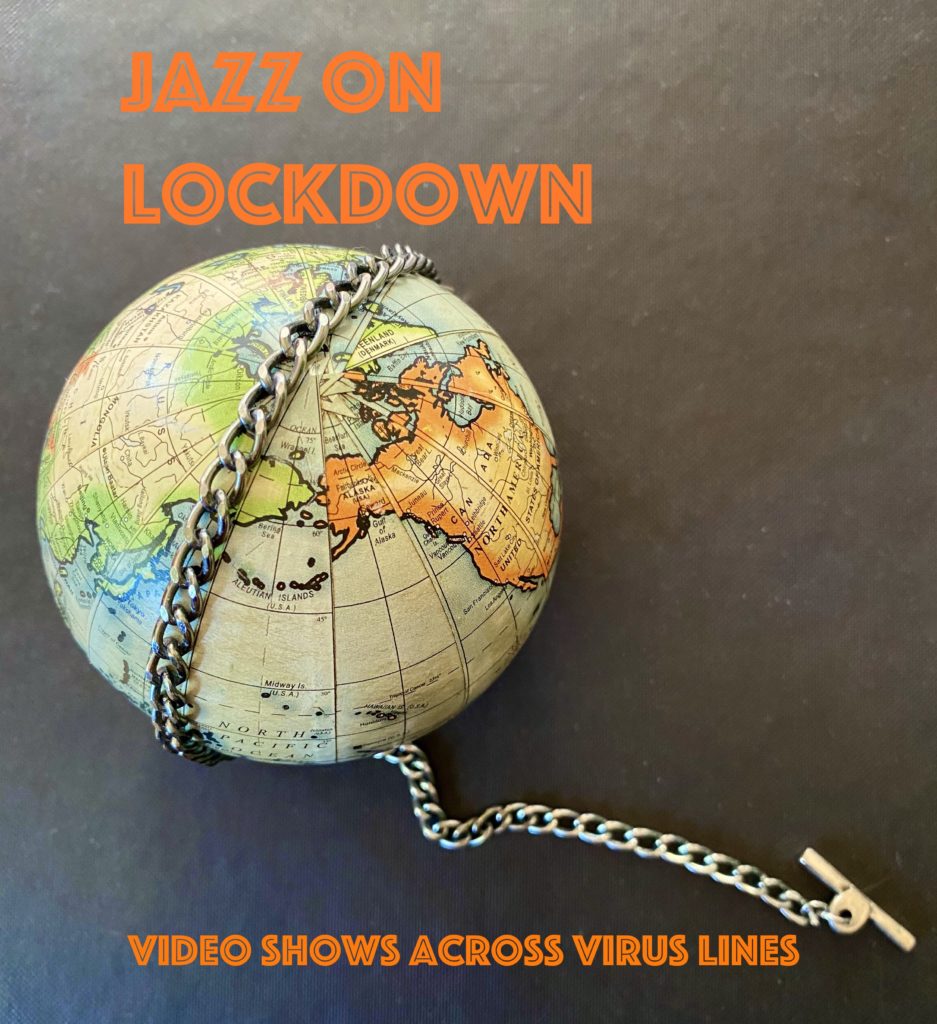
Despite economic decline, fiscal woes, the failures of its beloved sports teams and the weather (always the weather), Cleveland has consistently punched above its weight in terms of culture.
There’s a jazz scene, of course, though the presence of bigfoot institutions such as the Cleveland Orchestra, Cleveland Museum of Art and Rock & Roll Hall of Fame can obscure that fact. But years of underdog status in the arts landscape of an underdog city has not smothered the resolve of Cleveland’s jazz community.
Lately that resolve has been tempered with realism. Jim Wadsworth (JJA Jazz Hero, 2013) has booked concerts in the Cleveland area, most recently at Nighttown, since the 1980s. Taking the long view amid the coronavirus, he’s cautious.

“I don’t see any point in booking anything until I can see what our capacity will be,” he said in a recent interview. “Going forward, [the scene] won’t return to what it was for several years, and even then, we’ll probably be selling into a bad economy.” Wadsworth added, “But this situation is not unique to jazz. We’re all in a holding pattern.”
On April 22, that holding pattern ended for the Tri-C JazzFest Cleveland, the region’s flagship jazz event. Mindful of Ohio’s go-slow-and-careful approach to reopening the economy, festival director and 2020 JJA Cleveland Jazz Hero Terri Pontremoli announced the cancellation of the event.
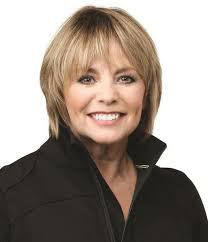
The festival, which had been scheduled for June 25-27, is the most visible part of Cuyahoga Community College’s jazz programming, but hardly the only one. “We have our jazz history, as every town does, but we’re trying to continue to build our legacy,” Pontremoli said. “Tri-C tries to build it through our educational programs, by furthering the development of players here and creating opportunities to teach, play, arrange and compose.”
Plans for a virtual concert are in process and other programming might be forthcoming. Whatever the future looks like, Pontremoli pointed to the strong institutional support of the college as a source of stability and hope.
That kind of support is just as vital right now for the Bop Stop, a sleek venue that was donated to the nonprofit The Music Settlement in 2013. In the remarks he delivered to the audience before every one of the club’s 301 shows last year, Bop Stop director Gabriel Pollack — who came from having worked with Jim Wadsworth at Nighttown — quipped that he was at the helm of the only nonprofit music venue in Ohio with a liquor license.
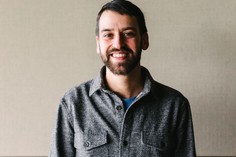
While the Settlement’s ownership provides Bop Stop with measure of financial security, 90% of its operating funds come from earned revenue (like sales of that liquor). The club was closed March 13 and all events have been canceled through May. Pollack estimates the loss in revenue to be $80-$90 thousand.
“No cash flow means $30,000 not paid to artists who were scheduled to appear. It also means not having money to pay deposits to big acts who might appear when we reopen, and like everyone else, we’re deferring expenses,” he said.
It’s a familiar story, but one with the heartening effect of bringing the music world to tackle problems that are beyond the reach of an individual artist or venue. (Individual artists in Cleveland, as elsewhere, have turned to live streaming. Here’s an example by trumpeter Dominick Farinacci and accordionist Michael Ward-Bergeman, collaborating each from their own home, Cleveland and New Orleans, respectively):
To gain organizational leverage, however, and perhaps foster a sense of entrepreneurial solidarity, the Bop Shop has turned to the Cleveland Music Club Coalition. Originally formed by rock clubs to lower the rate of a tax imposed on the sale of entertainment tickets, the Coalition is working to support artists and music industry employees hit hard by the closure of venues. As of April 19, the Coalition had raised $10,000 which will be disbursed in $500 grants.
Pollack has also led the Bop Shop to join with venues nationwide to form the National Independent Venue Association (NIVA). Started in the UK as an offshoot of Independent Venue Week, NIVA now has more than 100 members in the U.S. who are raising funds to lobby governmental bodies on the industry’s behalf, and has generated local branches in cities including Chicago.
“Venues find themselves in a unique situation,” Pollack said. “They’re like a bar or restaurant, but one that’s also in the music business.” When venues can reopen, he foresees a programming philosophy that is risk-averse, smaller in scale and locally-oriented.

That should be good news for Theron Brown. A first-call pianist, bandleader and composer, Brown also has the security of a teaching position at Kent State University, near his Akron home. Like many musicians, he’s using the time to spend time with family, shed and compose. He hopes to record a new CD this summer.
“Writing has been my newfound love,” he said. “I’m also learning Logic. I’m trading piano lessons for Logic lessons, craft for craft.”
An increased devotion to craft might be the most valuable long-term effect of the pandemic on music. Musicians, presenters and other industry professionals are looking for new ways of doing things and mobilizing long-ignored resources. It’s the source for the optimism — guarded, to be sure — displayed by everyone I talked to on the Cleveland jazz scene.
“I think we’ll be in a good place,” Theron Brown said. “The industry is going to hurt, but as far as the music is concerned, art never stops.”

